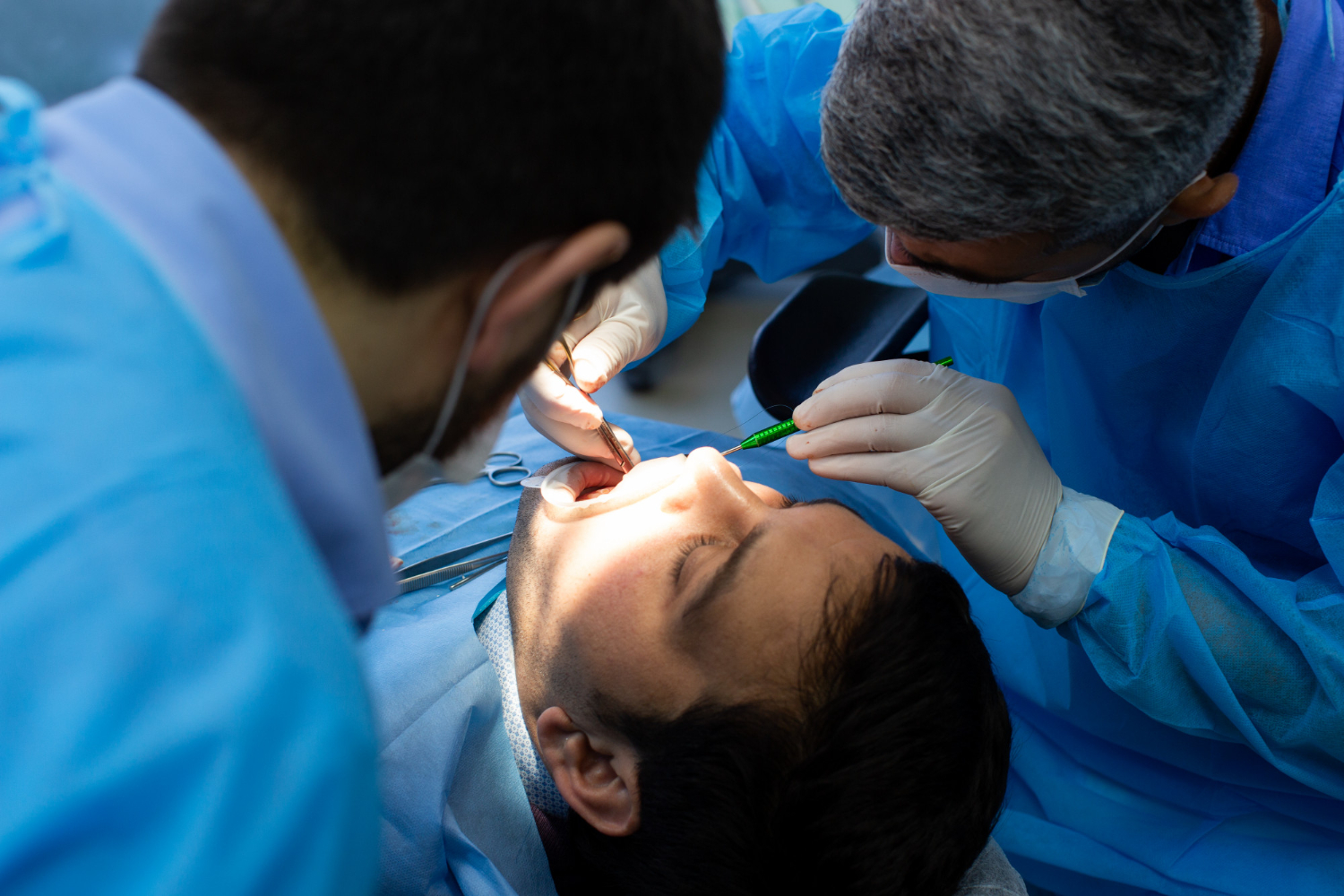

Sharavathi Dental College and Hospital, located in Shivamogga, Karnataka, is a premier institution dedicated to excellence in dental education and healthcare. Established with the vision of nurturing skilled, compassionate, and ethical healthcare professionals, the college combines strong academic programs with practical clinical exposure through its in-house multi-specialty hospital.
Affiliated with the Rajiv Gandhi University of Health Sciences (RGUHS), Karnataka and recognized by the Government of Karnataka, the institution provides a robust academic foundation in dentistry. Students benefit from advanced infrastructure, state-of-the-art laboratories, modern lecture halls, and a well-equipped library that supports both learning and research.
The course spans four academic years followed by one year of compulsory rotatory internship, ensuring students gain hands-on experience across all dental specialtie
The course emphasizes clinical expertise, academic excellence, and research, equipping students with the skills required for advanced practice and academic careers.
Read More
Hands-On Experience in Real Clinical Settings
At Sharavathi Dental College, students receive comprehensive clinical training across various specialized dental and medical departments, ensuring a well-rounded education and the development of essential clinical competencies:
Gain practical experience in processing and analyzing specimens related to oral histopathology, hematology, and microbiology—key areas for diagnosing dental and systemic conditions.
Train with modern radiographic equipment including digital X-rays, OPG, and intraoral imaging systems to master diagnostic imaging techniques crucial for accurate treatment planning.
Participate in minor oral surgical procedures, sterilization protocols, and instrument handling, building surgical skills in a controlled, aseptic clinical environment.

Looking to pursue a rewarding career in healthcare? Apply to Sharavathi Dental College and Hospital - a recognized RGUHS-affiliated institution in Karnataka. Our admissions process is simple, transparent, and student-focused, welcoming aspiring healthcare professionals from across the country.
🎓 Affiliated to: Rajiv Gandhi University of Health Sciences (RGUHS), Karnataka
🏛️ Recognized by: Government of Karnataka
🏥 Clinical Training Partner: In-house Multi-Specialty Hospital at Sharavathi Dental College – offering real-time patient exposure, hands-on learning, and advanced clinical training within the campus itself.

Our affiliation and on-campus hospital integration ensure students receive quality education, industry-relevant clinical exposure, and recognized degrees that open doors across India and abroad.
📢 Limited seats available for the 2025–26 academic year!
📞 Call +91 9449187257 or Contact Us to Speak With Our Admission Counselor.

At Sharavathi Dental College and Hospital, we believe that true learning extends beyond the classroom. Our campus is equipped with modern infrastructure, advanced laboratories, and student-friendly amenities that foster both academic excellence and personal growth. With the added advantage of an on-campus multi-specialty hospital, students gain direct clinical exposure alongside a supportive environment that encourages physical well-being, extracurricular activities, and holistic development.
Sharavathi Dental College and Hospital offers separate, well-maintained hostels for boys and girls within the campus.
Read MoreOur state-of-the-art library is a dynamic hub of knowledge, providing comprehensive academic resources to support both BDS and MDS students in their pursuit of excellence.
Read MoreAt Sharavathi Dental College and Hospital, we promote physical well-being as part of holistic student development
Read MoreSharavathi Dental College and Hospital encourages students to stay active and develop team spirit through sports and recreational activities.
Read MoreLocated within a 900-bed super specialty hospital campus for real-time clinical exposure
Read MoreAt Sharavathi Dental College & Hospital At Sharavathi Dental College and Hospital, we go beyond conventional classroom teaching to ensure our students develop into well-rounded healthcare professionals. Along with a strong academic foundation, students are encouraged to stay updated with the latest advancements in medical and dental sciences, gain hands-on exposure, and interact with experts through a wide range of academic enrichment activities.
Workshops, seminars, guest lectures, clinical demonstrations, and continuous training programs are organized throughout the year. These initiatives are designed to bridge the gap between theory and practice, equipping students with the knowledge, skills, and confidence needed to excel in real-world healthcare settings and be future-ready.


Interested in joining our college? Fill out the form below to receive detailed information about our courses, eligibility criteria, and admission process. Our admissions team will connect with you shortly to guide you further.

Learn from Leaders in Dental Sciences
At Sharavathi Dental College & Hospital, we are proud to have a team of highly qualified and experienced faculty committed to shaping the future of healthcare professionals. Our faculty comprises subject experts, practicing clinicians, and researchers who bring a blend of academic excellence and practical expertise to the classroom.